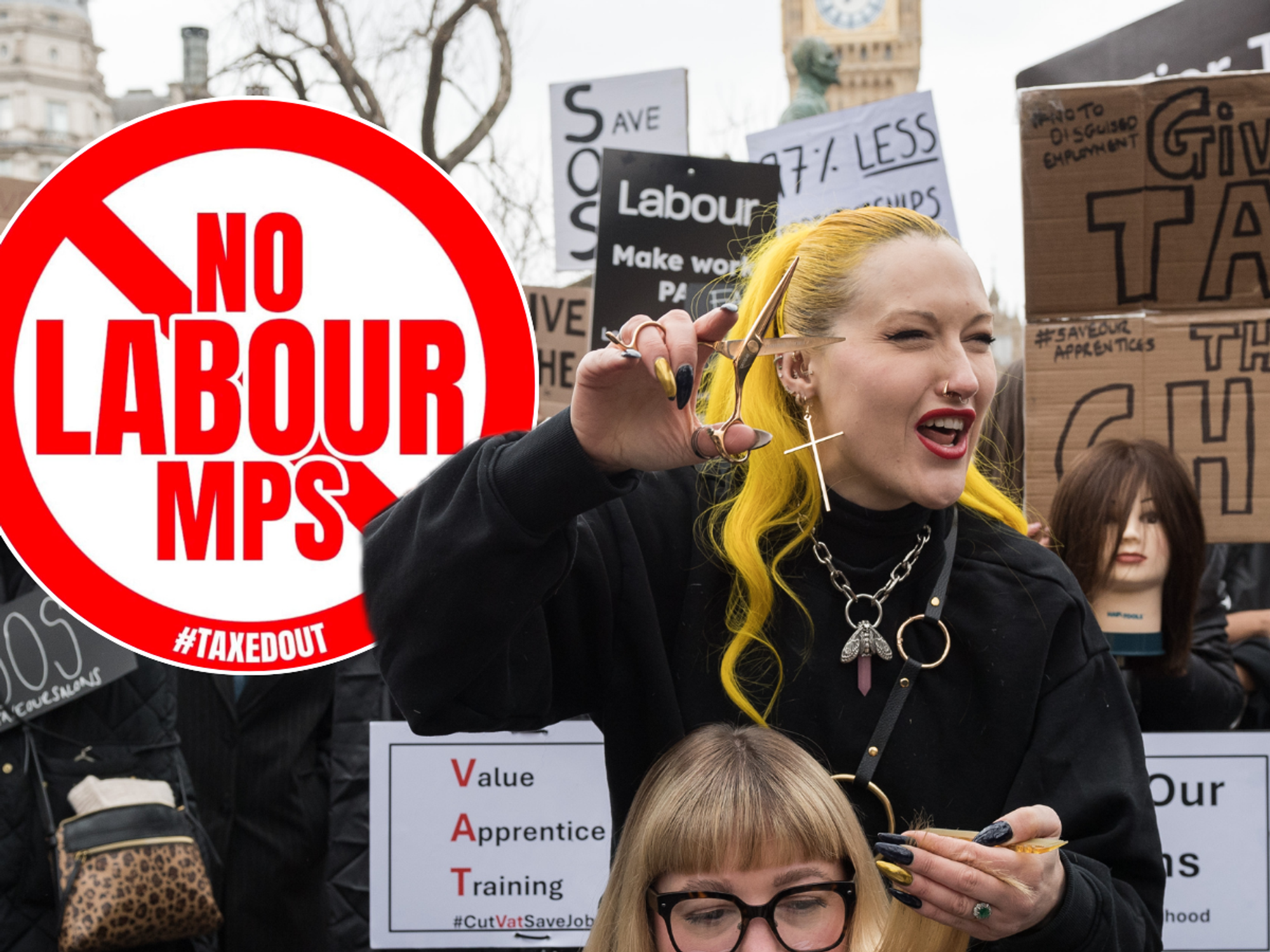Having Labour in power on both sides of the border is the death knell for independence in Scotland - Lord George Foulkes

'Scotland has had to endure 13 years of policy designed to prop up the nationalise project,' says Lord George Foulkes
|PA
Lord George Foulkes, member of the House of Lords, speaks on the downfall of the SNP in Scotland
Don't Miss
Most Read
Winnie Ewing was a very distinguished politician and had a significant influence on the course of Scottish history.
However, when she chaired the first session of the devolved Scottish Parliament and announced “The Scottish Parliament is hereby reconvened” she started a misconception which has blighted Scottish politics ever since.
After all, this was not a reconvening of the previous Scottish legislative body (the unelected, Convention of the Estates of Scotland); it was, rather, the creation of a new, devolved Parliament, established under an Act of the sovereign United Kingdom Parliament, but elected by the people of Scotland.
The SNP have never accepted this and, as soon as they were able to secure a majority in Holyrood, they began to channel vast resources and energy into furthering the illusion that Holyrood is an independent Parliament.
As a result, we have had to endure 13 years of policy designed to self-aggrandise and prop up the nationalist project e.g. pretend overseas embassies, a new minister for independence, and disastrous attempts at nationalising a shipyard and rail service.
Meanwhile, key devolved responsibilities have suffered: educational attainment has declined; NHS waiting lists have grown, and funding cuts have left local councils in crisis.
Alongside this mismanagement, once totemic leaders have been undermined by a series of high profile scandals, ranging from Salmond’s sexual harassment accusations to Sturgeon’s arrest as part of an ongoing embezzlement probe.
In stark contrast the Labour movement in Scotland, under the charismatic leadership of Anas Sarwar, has prospered, returning 37 Scottish Labour MPs to Westminster in the recent General Election.
The SNP are, undoubtedly, in trouble and the next few months will be key in determining the future of their movement. What will be the outcome of the police inquiries? Can the experienced but ineffective interim Leader, John Swinney, continue for much longer? Or will the ultra-ambitious Stephen Flynn find a route to Holyrood, possibly via a by-election, so he can contest the leadership?
Alongside those questions, they must also grapple with their failure - embodied by the 2014 referendum - to inspire Scots to vote for independence.
LATEST OPINION FROM MEMBERSHIP:
- Labour's head-in-the-sand on immigration will feed anger among millions of decent law-abiding Britons - Peter Bleksley
- 'Britain's problems are not unique - Starmer should count himself lucky he is not Michel Barnier'
- Starmer will NEVER crack down on the scroungers - they're his voters - Kelvin MacKenzie
Just over a decade ago, the separatists failed, principally because their “plan” stoked uncertainty around the future of our currency, pensions and the nature of our border with England. In 2024 there is little indication that the current crop of SNP “visionaries” have come up with anything more convincing.
Ultimately, the key test for the most recent iteration of their vision will be the Holyrood elections in May 2026.
It is not usually wise to predict elections when so much can change in a week, let alone a year; however, I will take a risk: Independence will not die out, but it will be fragmented as nationalists divide between Green, Alba and a much diminished SNP.
The Lib Dems will plough a fruitful furrow in their traditional areas, while the Tories will, for the first time in recent history, face a real threat from a party even further to the right, although Reform is unlikely to win more than a couple of seats (a small, but historic victory for Farage).
Scottish Labour will be a resurgent force, occupying the vacant position of “viable changemaker”; however, due to the nature of AMS, Anas Sarwar is most likely to end up leading a minority administration.
Nonetheless, this scenario could still lead to real progress on areas devolved to Scotland, as having Labour in power on both sides of the border would herald a new era of positive cooperation between administrations.
This partnership could even sound the death knell for independence: a decade of responsible, compassionate Labour governance, across the UK, will drown out the separatist clamour, relegating the tired old nationalist refrain to the fringes of political discourse, where it belongs.










